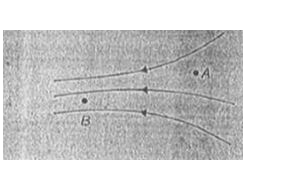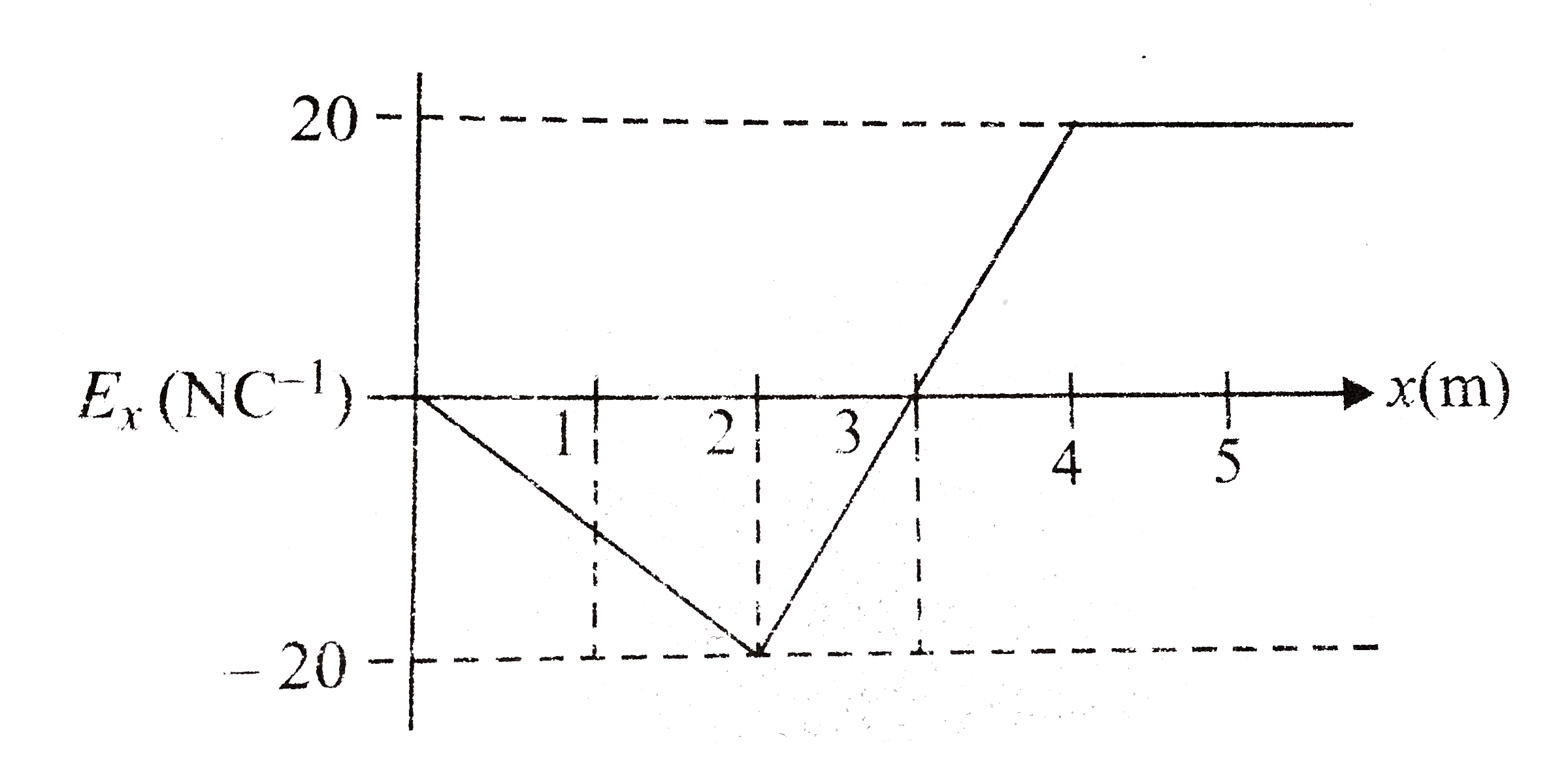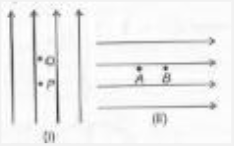In moving from A to B along an electric field line, the work done by the electric field on an electron is . If are equipotential surfaces, then the potential difference is.
 .
.
Zero
The correct Answer is:B
Step by step video & image solution for In moving from A to B along an electric field line, the work done by the electric field on an electron is 6.4 xx 10^-19 J. If phi_1 and phi_2 are equipotential surfaces, then the potential difference V_C - V_A is. . by Physics experts to help you in doubts & scoring excellent marks in Class 12 exams.
Updated on:21/07/2023Topper's Solved these Questions
- ELECTRIC POTENTIALBOOK - CENGAGE PHYSICS ENGLISHCHAPTER - ELECTRIC POTENTIALEXERCISE - DPP 3.4
15 Videos
- ELECTRIC POTENTIALBOOK - CENGAGE PHYSICS ENGLISHCHAPTER - ELECTRIC POTENTIALEXERCISE - DPP 3.5
15 Videos
- ELECTRIC POTENTIALBOOK - CENGAGE PHYSICS ENGLISHCHAPTER - ELECTRIC POTENTIALEXERCISE - DPP 3.2
15 Videos
- ELECTRIC FLUX AND GAUSS LAWBOOK - CENGAGE PHYSICS ENGLISHCHAPTER - ELECTRIC FLUX AND GAUSS LAWEXERCISE - MCQ s
38 Videos
- ELECTRICAL MEASURING INSTRUMENTSBOOK - CENGAGE PHYSICS ENGLISHCHAPTER - ELECTRICAL MEASURING INSTRUMENTSEXERCISE - M.C.Q
2 Videos
Similar Questions
The equation of an equipotential line in an electric field is y=2x, then electric field strength vectro at 1,2 may be .
View SolutionIn figure two points A and B are located in a region of electric field . The potential difference VB−VA is

View SolutionWhen a 2μC charge is carried from point A to point B, the amount of work done by the electric field is 50μJ. What is the potential difference and which point is at a higher potential ?
View Solution12 j of work has to be done against an existion electric field to take a charge of 0.01 C from A to B. How much is th potential difference VB−VA?
View SolutionThe field lines corresponding to an electric filed is shown in the figure then ( E denotes electric field and V denotes electric potential)
View SolutionA graph of the x-component of the electric field as a function of x in a region of space is shown in figure. The y−andz−compo≠nts of the electric field are zero in this region. If the electric potential is 10 V at the origin, then the potential at x = 2.0 m is

View SolutionThe work done in carrying a charge of 5μC form a point A to a point B in an electric field is 10mJ. The potential difference (VB−VA) is then
View SolutionFind the work done by some external force in moving a charge q=4μC from infinity to a point, where electric potential is 104V
View SolutionStatement -1 : The work done by induced electric field along a closed path is zero.
Statement -2 : The induced electric field is non - conservative.
View SolutionThe uniform electric field is along positive y-axis positive x axis as shown in figure. The signs of potential differences VP−VQ and VB−VA respectively are

View Solution
